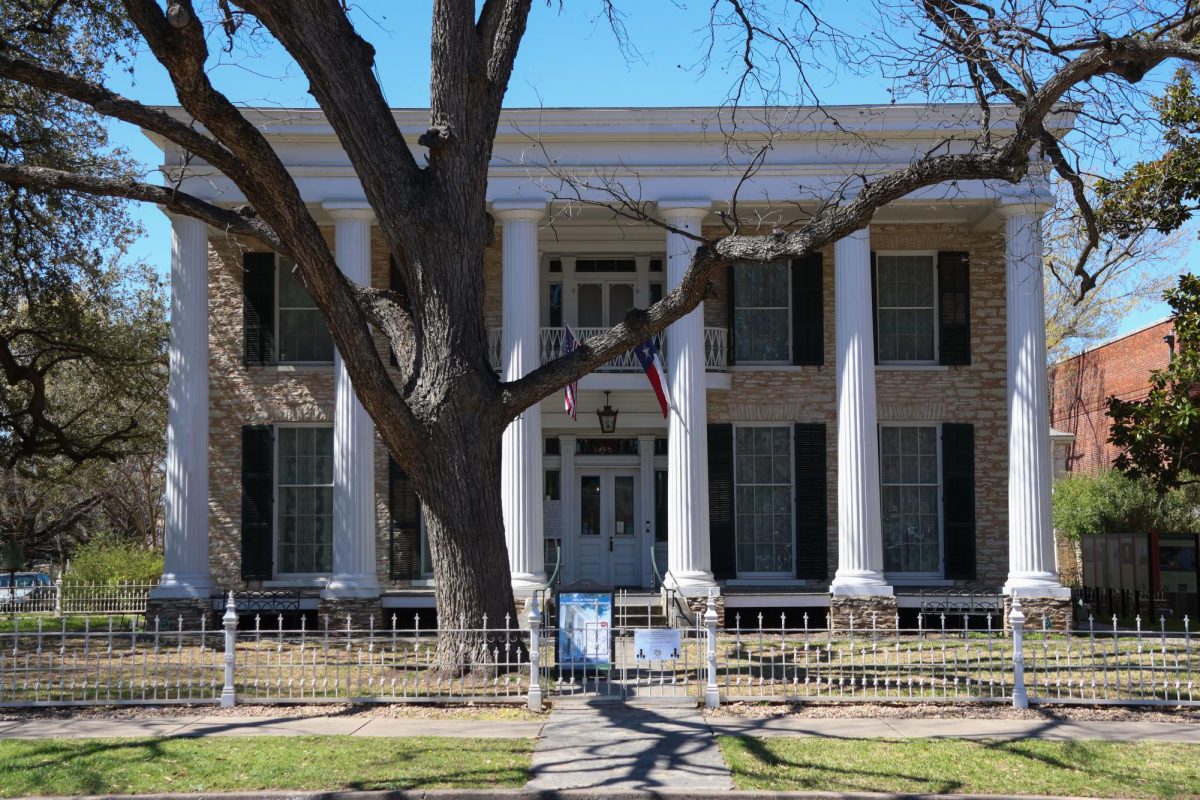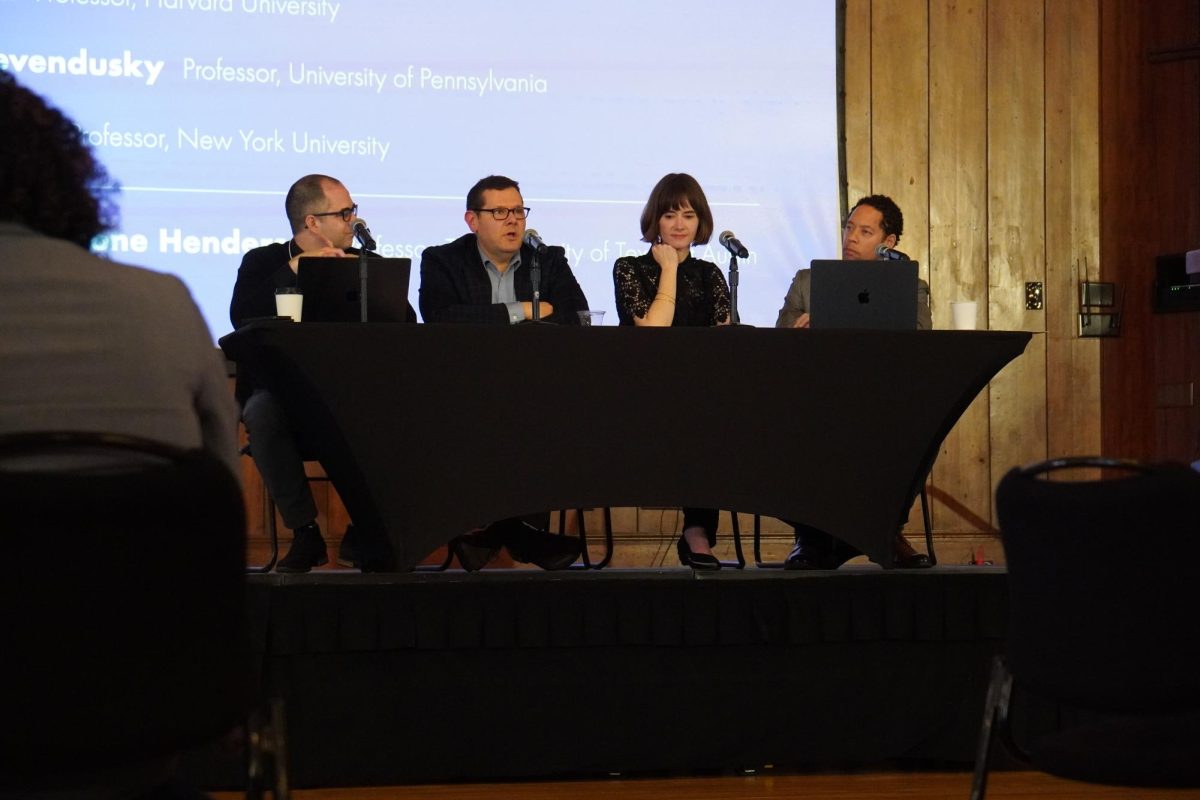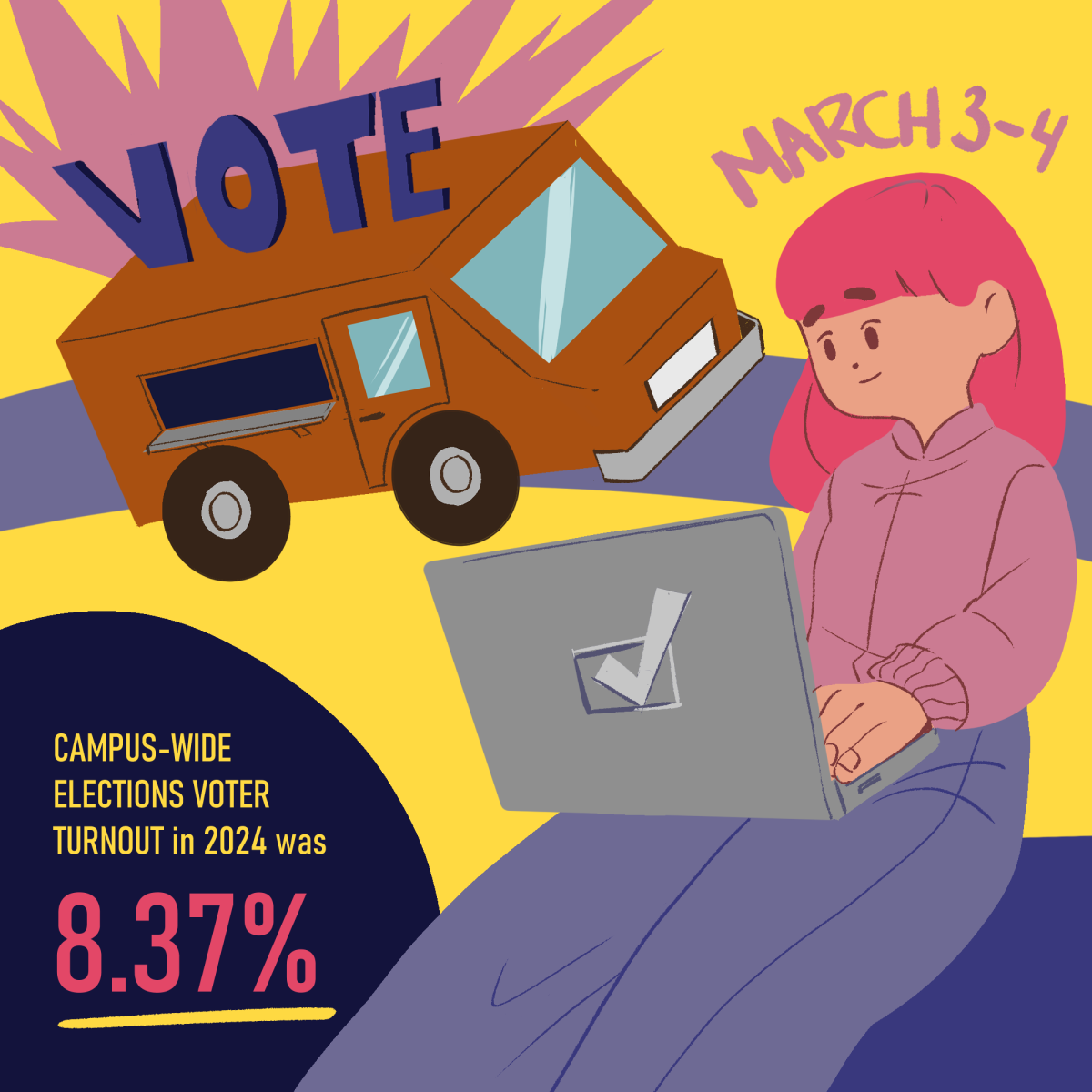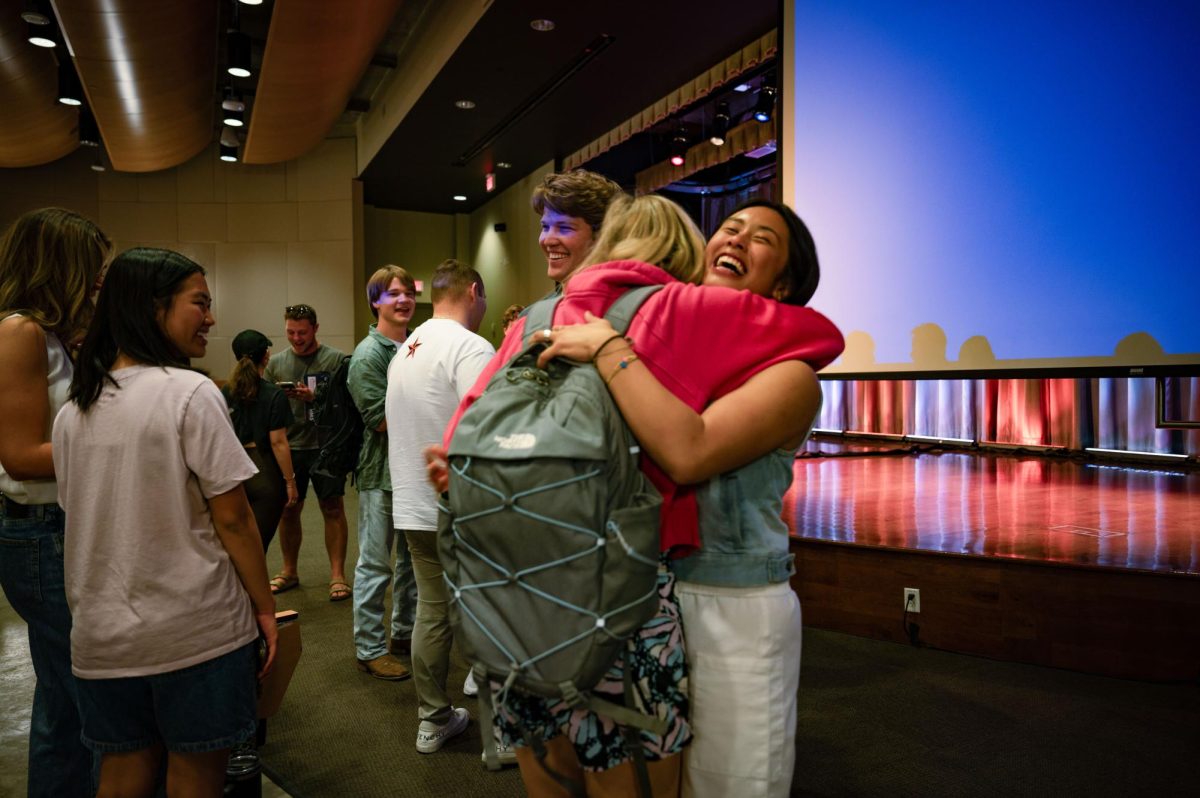Children with speech impediments participated in a camp on UT campus this week with the goal of increasing self-confidence, while also providing data to researchers about stuttering.
At Camp Dream, Speak, Live, 40 children, aged 4–14, participate in group activities, such as bowling and breakdancing, alongside counselors who seek to encourage them to dream big, foster confidence and become better communicators. The children are also encouraged to participate in studies about stuttering. The camp, while primarily for children with speech impediments, welcomes all children.
Now in its second year, the camp is a five-day program created in conjunction with the Michael and Tami Lang Stuttering Institute. Founding Director Courtney Byrd, communication sciences and disorders associate professor, said he believes this camp will change lives.
“It makes me excited to get up every single day,” Byrd said. “Even just yesterday these young kids were talking about how people tell them they can’t do things because they stutter, and what we want them to know is that they can do whatever they want. And I know that these kids will walk away with a greater degree of self-acceptance, and more understanding of what it means to stutter.”
Byrd said the camp lasts only one week, but it’s a powerful week. The camp is completely free and open to any child who wants to participate.
“Nobody gets paid for this. None of the counselors, the junior counselors, myself — this is all free,” Byrd said. “We’re doing this because we’re dedicated and we’re excited, and we really believe in what we’re doing.”
Megann McGill, a camp counselor and communication sciences and disorders graduate student, said communication training is important.
“Our goal is for these kids to know another person who stutters and to learn about how to be an overall better communicator and speaker,” McGill said.
Sarah Seymour, a camp counselor and speech-language pathology graduate student, said she believes Camp Dream, Speak, Live is different from other camps in that it focuses more on acceptance and confidence-building exercises than on treatment and fluency.
“The main focus of the camp — which I think is so awesome — is building them up,” Seymour said. “I really like that about the camp. And as far as interacting with the stutterers, you just talk to them like you would talk to anyone else. You wait for them to finish what they need to say, and you look them in the eye.”
The children watch a magic show, have dance lessons with professional breakdancers, perform in a talent show and participate in a pep rally with UT cheerleaders. Every morning and evening, the camp has an open mic segment, in which every child is encouraged to talk about themselves in front of a crowd.
“I came here last year, and it was fun,” said Katelyn Alcott, who traveled from Georgetown to participate in the camp for the second year in a row. “They’ve actually added a few more activities, so it gets more interesting, but they’ve kept some too. My favorite activity … was glow in the dark bowling, and that was awesome.”
Dylan Leonhardt, a camp-goer from Cedar Park, said he was most looking forward to the talent show Friday.
“I’m going to do pen tricks — mechanical energy stuff,” Leonhardt said. “I take an ordinary pen and switch up the spring and try to control what I make the pen do. I only use the springs and gravity sometimes.”
The camp also gives children the option to stay behind each day and participate in studies about stuttering. Clinical research associate Elizabeth Hampton said she has been working with Byrd for almost 9 years. Hampton said their goal is to develop better evidence-based practices for evaluation and treatment services.
“Through our research, we want to continue the process of furthering our understanding of the best practices for evaluation and treatment for individuals who stutter,” Hampton said.





















